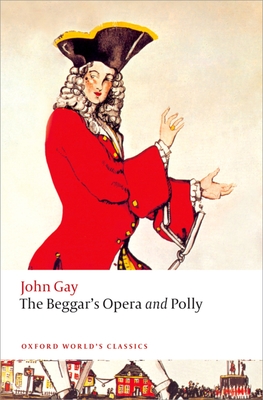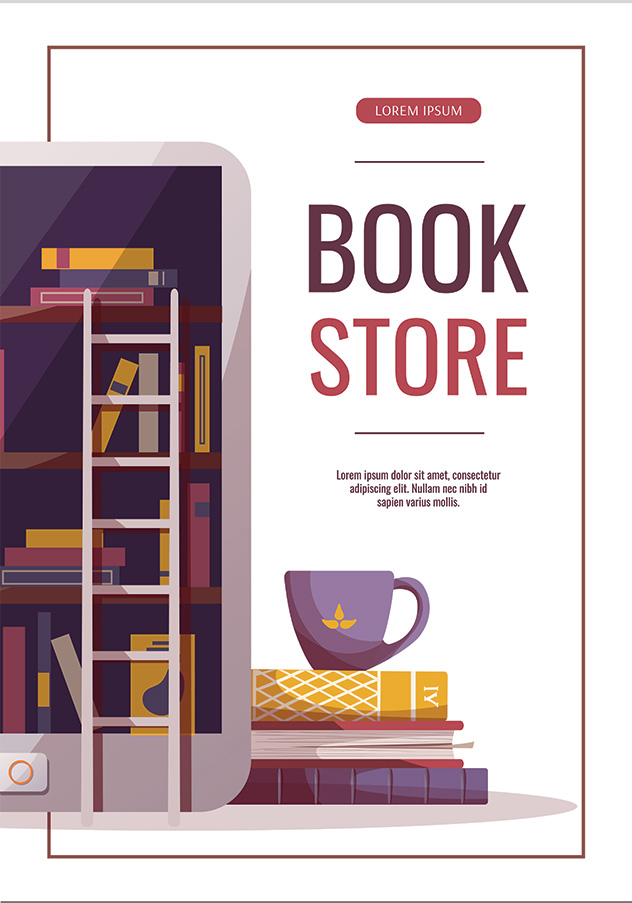
description
e generally very good to their Whores, but they are very Devils to their Wives." Raucous, lyrical, witty, ironic and tragic by turns, The Beggar's Opera and Polly--published together here for the first time--offer a scathing and ebullient portrait of a society in which statesmen and outlaws, colonialists and pirates, are impossible to tell apart. With The Beggar's Opera, John Gay created one of the most enduringly popular works in English theatre history, and invented a new dramatic form, the ballad opera. Gay's daring mixture of caustic political satire, well-loved popular tunes, and a story of crime and betrayal set in the urban underworld of prostitutes and thieves was an overnight sensation. And its sequel, Polly, banned in Gay's lifetime, boasted a cross-dressing heroine and a cast of female adventurers, pirates, Indian princes, rebel slaves, and rapacious landowners--a culture in which all human relationships are reduced to commercial transactions. The Introduction to this edition explores Gay's use of criminal and rogue literature, the political context of the plays, Gay's attitude to slavery and piracy, his treatment of gender, and the plays' formal theatrical innovations. The text is the most accurate available, with notes that explain criminal and underworld slang and the topical allusions that gave Gay's satire its edge. The volume also includes an appendix on the sources for the tunes Gay used for the two plays, highlighting many cases where the songs' original words, familiar to contemporary audiences, give a bawdy or ironic double meaning to Gay's lyrics. About the Series: For over 100 years Oxford World's Classics has made available the broadest spectrum of literature from around the globe. Each affordable volume reflects Oxford's commitment to scholarship, providing the most accurate text plus a wealth of other valuable features, including expert introductions by leading authorities, voluminous notes to clarify the text, up-to-date bibliographies for further study, and much more.
member goods
No member items were found under this heading.
Return Policy
All sales are final
Shipping
No special shipping considerations available.
Shipping fees determined at checkout.







